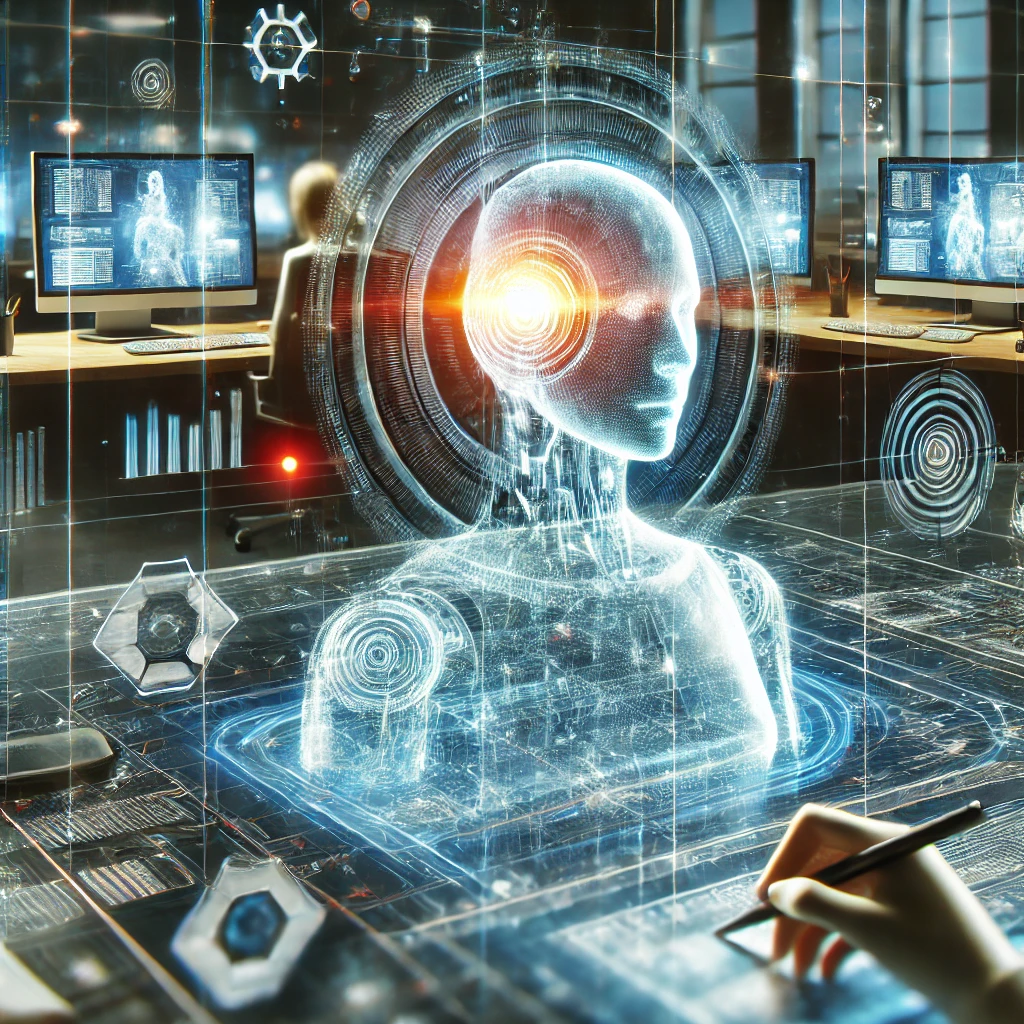PC Agent: Transforming AI from task automation to cognitive collaboration
Beyond technical innovation, PC Agent represents a paradigm shift in how AI integrates into professional environments. By focusing on human cognition, the system transcends traditional automation, delivering solutions that align with human reasoning and preferences. This makes it an ideal collaborator for professionals navigating complex digital landscapes.

Artificial Intelligence has made remarkable strides in task automation, yet the transition from performing simple tasks to managing complex digital workflows has remained elusive. Most existing digital agents falter when confronted with real-world challenges that demand cognitive decision-making, multi-step operations, and adaptability across multiple applications. Addressing this gap, the study "PC Agent: While You Sleep, AI Works - A Cognitive Journey into the Digital World" by researchers from Shanghai Jiao Tong University and the Generative AI Research Lab introduces PC Agent - an innovative system designed to replicate and enhance human cognitive processes for intricate digital tasks.
PC agent: Redefining cognitive AI for digital work
At the heart of PC Agent lies a framework that captures and processes human-computer interaction data to create actionable insights. Unlike conventional AI systems that rely on repetitive patterns or large datasets, PC Agent focuses on understanding and mimicking the thought processes that drive human decisions. This is achieved through three groundbreaking components:
PC Tracker: Capturing cognitive context
PC Tracker is a lightweight yet powerful tool that collects detailed data on human-computer interactions. Beyond recording simple actions like clicks and text inputs, it captures the cognitive reasoning behind these actions. By focusing on critical interaction points, PC Tracker minimizes storage requirements while preserving the richness of the data necessary for training. This marks a significant departure from traditional AI approaches that often miss the nuanced "why" behind user behaviors.
Cognition Completion Pipeline: Reconstructing thought processes
A central challenge in AI development is teaching systems to understand the reasoning behind human actions. The Cognition Completion Pipeline solves this by reconstructing action semantics and cognitive strategies. Using advanced post-processing techniques, the pipeline converts raw interaction data into meaningful cognitive trajectories. This allows PC Agent to replicate not just the actions but also the logic and adaptability that underpin human workflows, empowering it to execute multi-step tasks with precision and contextual awareness.
Multi-Agent System: Precision through collaboration
PC Agent’s dual-agent architecture exemplifies its innovative approach:
- Planning Agent: Handles strategic decision-making, task decomposition, and workflow management.
- Grounding Agent: Executes actions with precision, ensuring robust visual grounding, error correction, and seamless interaction with graphical interfaces.
This collaborative system enables PC Agent to perform tasks like creating PowerPoint presentations that require web browsing, data collection, cross-application coordination, and content integration—all with remarkable accuracy. The grounding agent’s self-validation mechanism ensures that tasks are completed flawlessly, even in dynamic environments with unexpected challenges.
Data efficiency and real-world impact
One of the standout features of PC Agent is its ability to achieve extraordinary results with minimal data. Trained on just 133 cognitive trajectories, it delivers exceptional performance, handling workflows with up to 50 sequential steps across multiple applications. This efficiency demonstrates that quality, rather than quantity, is paramount in training AI systems.
For instance, in a real-world test, PC Agent autonomously completed a complex presentation creation task. It navigated the web to gather images, organized content into slides, and formatted the final presentation—without human intervention. Such capabilities significantly reduce cognitive load for users, enabling them to focus on higher-value tasks while PC Agent handles operational intricacies.
The implications extend beyond presentations. PC Agent’s ability to generalize across tasks positions it as a versatile tool for automating repetitive processes like batch data entry, optimizing workflows in creative industries such as video editing, and streamlining analytical tasks like report generation.
Pioneering the future of AI collaboration
Beyond technical innovation, PC Agent represents a paradigm shift in how AI integrates into professional environments. By focusing on human cognition, the system transcends traditional automation, delivering solutions that align with human reasoning and preferences. This makes it an ideal collaborator for professionals navigating complex digital landscapes.
The open-sourcing of the PC Agent framework further amplifies its impact. By making its tools and methodologies accessible, the research team invites global collaboration to expand its applications and refine its capabilities. This initiative democratizes access to advanced AI technology, fostering innovation across industries.
The broader implications of PC Agent are vast. From automating routine tasks to managing creative workflows and enabling strategic decision-making, it sets the stage for a future where AI operates as a true partner, enhancing productivity and creativity. By alleviating the cognitive load associated with intricate tasks, PC Agent allows users to focus on innovation, problem-solving, and other higher-order activities.
- FIRST PUBLISHED IN:
- Devdiscourse










